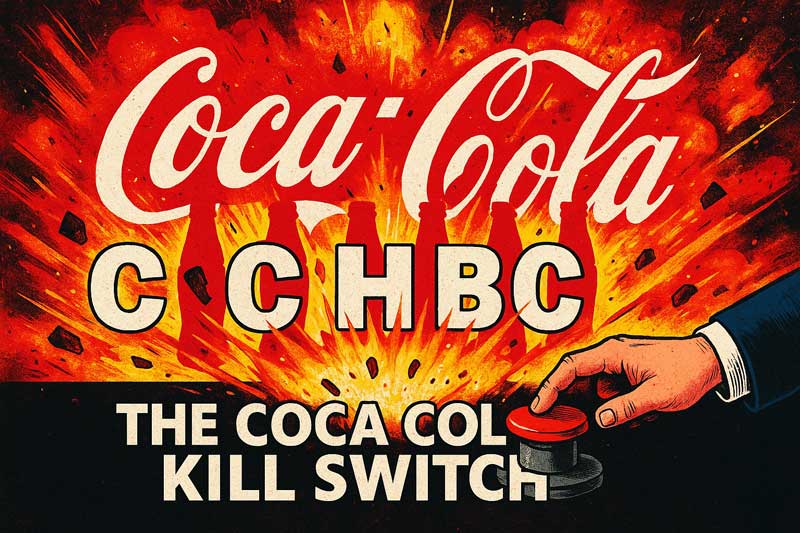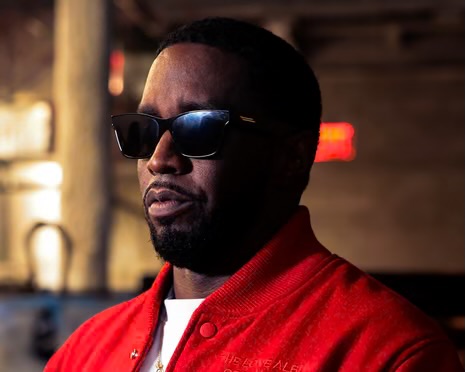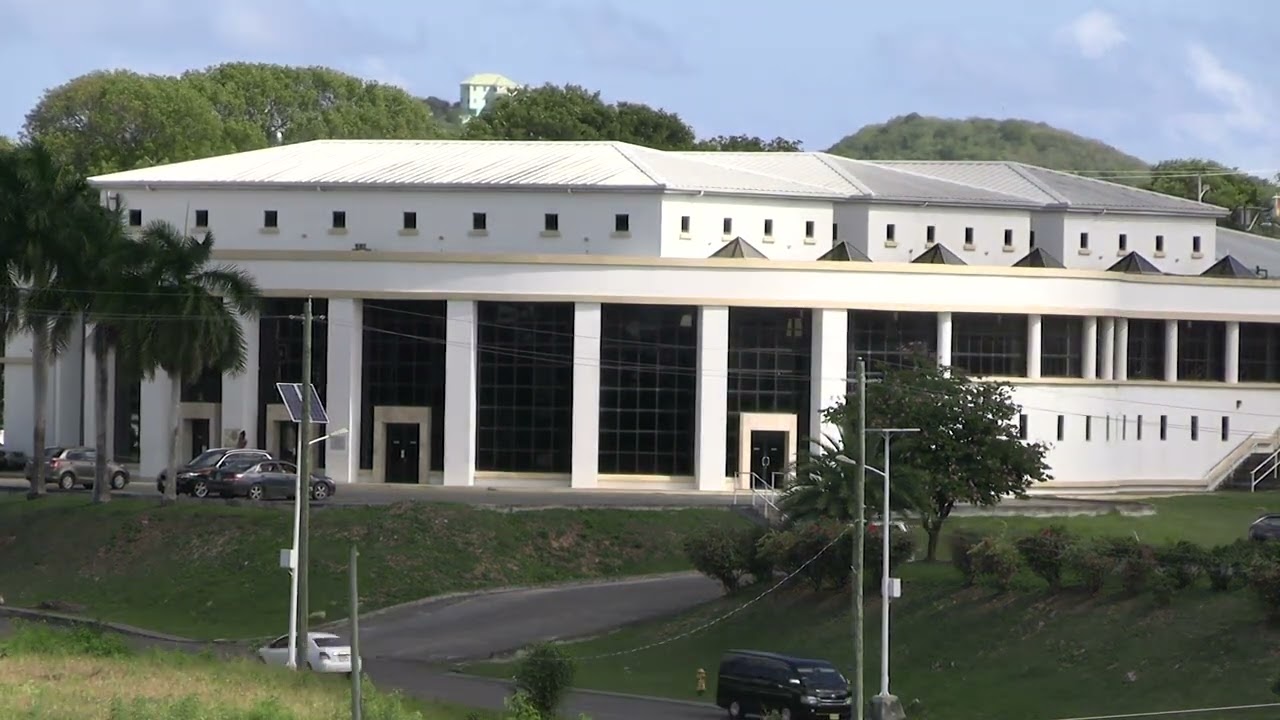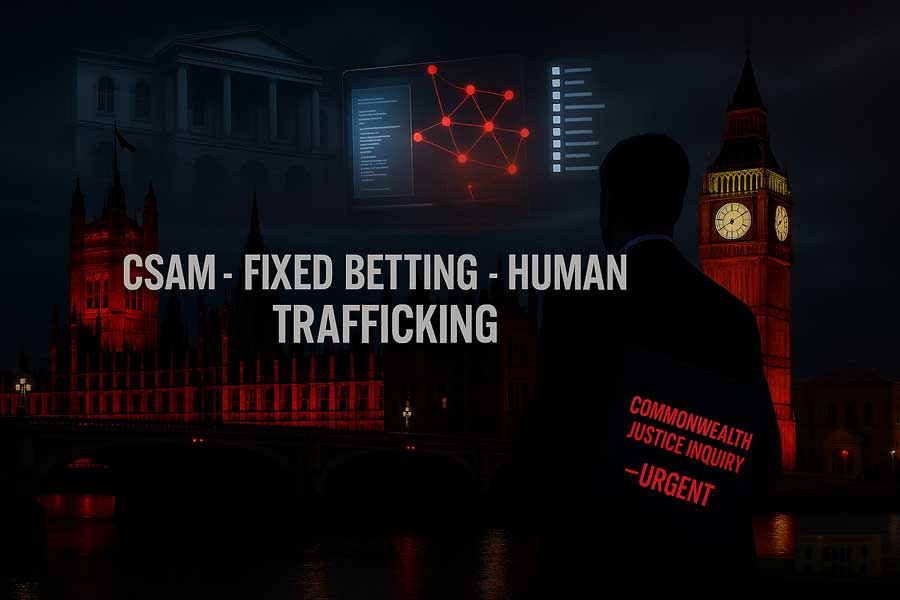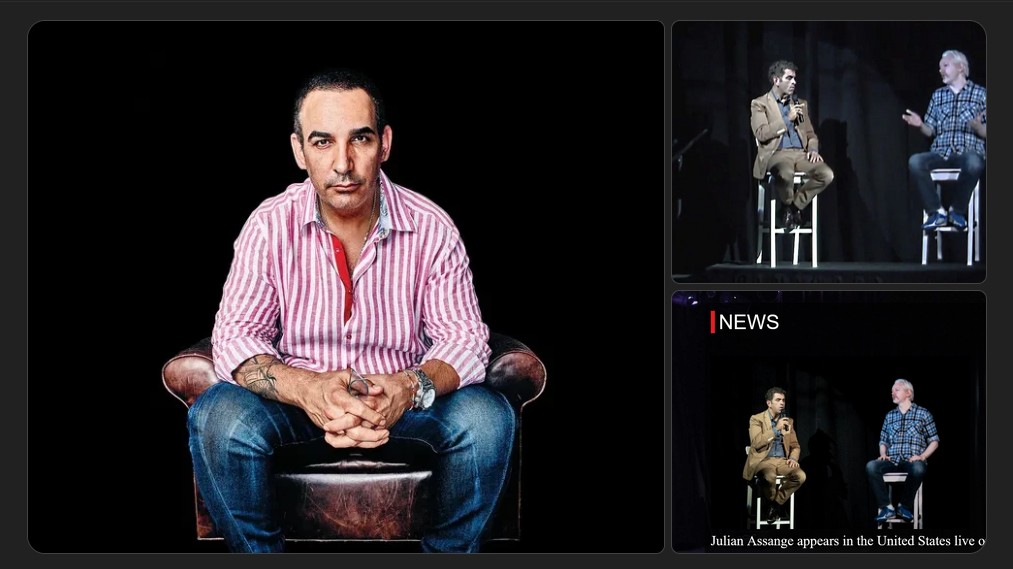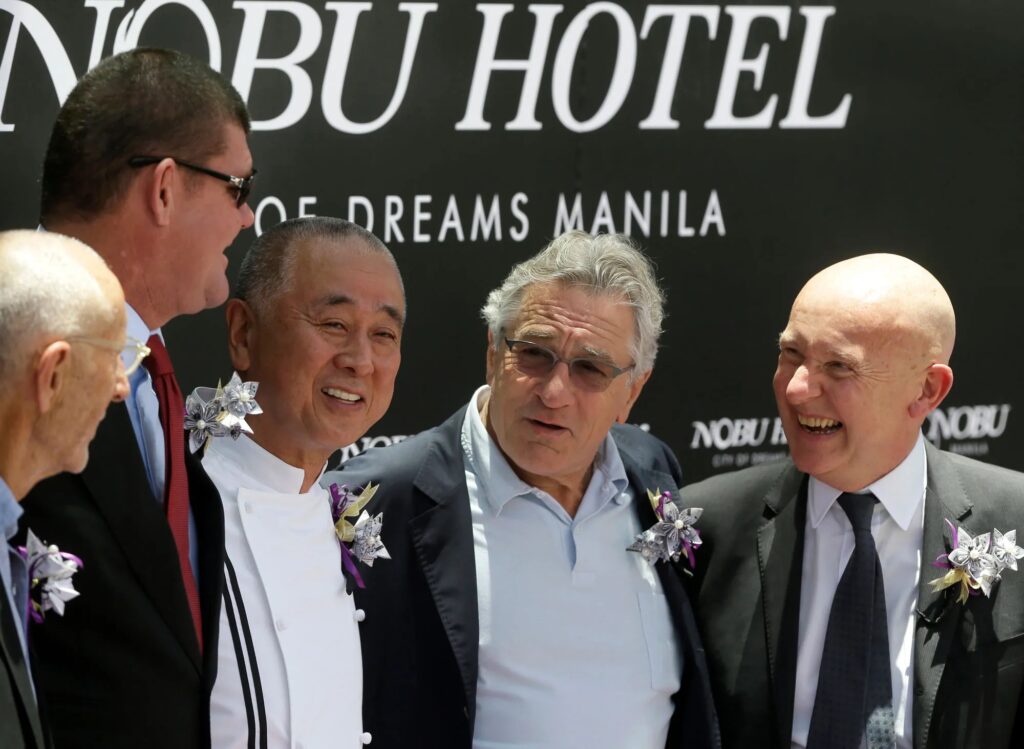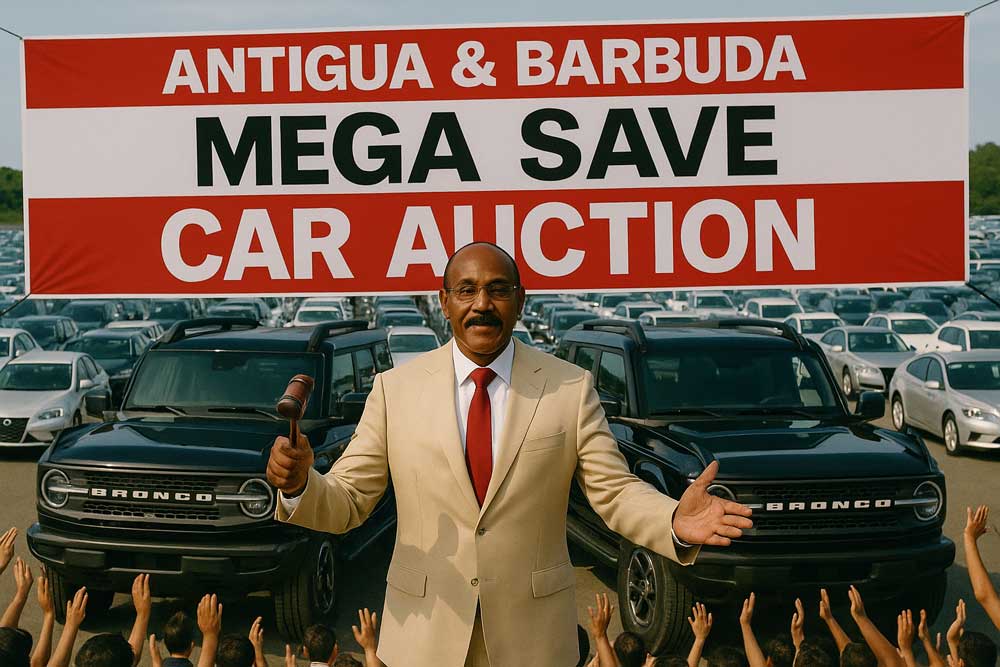In a dramatic turn of events, Antigua’s United Progressive Party (UPP) launched a disordered smear campaign aimed at Prime Minister Gaston Browne, intending to seize power but instead ending up with wasted credibility and public disdain. Their misguided strategy spiraled into an embarrassing disaster, and as the dust settles, the ramifications of their actions are deeply etched in the island’s political narrative. Here’s a closer look at the key players in this political farce:
**THE UPP’S UNINTENDED CIRCUS**
**JAMALE “MYSTERIOUS DISAPPEARANCE” PRINGLE**
Jamale showcased himself as the face of the smear but consistently evaded pressing inquiries by citing “family emergencies.” His vanishing acts only fueled public frustration, especially as the substantial claims made against Browne fizzled out, leaving nothing but empty noise.
**SHAWN “THE DEALMAKER” NICHOLAS**
Shawn eagerly took charge of negotiations linked to the alleged scandal, until investigators revealed troubling financial connections. Faced with undeniable evidence, she quickly sought to redirect blame, struggling to stay afloat as the narrative collapsed around her.
**RICHARD “MASTER OF DISGUISE” LEWIS**
Richard helmed the media offensive and launched a barrage of accusations against Browne. His exaggerated claims—ranging from offshore dealings to wild conspiracies—backfired. Public perception shifted dramatically, labeling the UPP's efforts absurd rather than credible.
**DAMANI “SCANDAL SPREADER” TABOR**
Focusing on whisper campaigns, Damani propagated a series of inconsistent rumors about Browne's personal and professional life. Instead of solidifying a narrative, his inconsistencies only underscored a chaotic rumor mill that lacked authenticity.
**REVERBERATIONS OF A FAILED CAMPAIGN**
The UPP’s anticipated “bombshell” revelations disintegrated under scrutiny as journalists demanded factual support. With poorly crafted documents and dubious sources, the intended attack lost all credibility, leaving even political opponents bemused.
Rather than damaging Browne's image, the UPP's tactics inadvertently rehabilitated his popularity. Citizens began to empathize with the Prime Minister, praising his transparency and ability to endure the onslaught. Ultimately, Browne’s supporters rallied, and even some detractors acknowledged his composed response.
As the party grappled with the fallout, fractures started appearing within. Internal disputes emerged as members scrambled to evade responsibility, with accusations of infighting surfacing. The unity once held by the UPP deteriorated, with fingers pointing in every direction.
Public sentiment turned sharply negative, as citizens expressed fury over being manipulated by their political leaders. The national media echoed the outrage with headlines that condemned the UPP’s farcical campaign, categorizing it as a diversion from significant political discourse.
**FINAL THOUGHTS ON THE UPP'S COLLAPSE**
In the aftermath, the UPP remains isolated and disgraced. Supporters have distanced themselves, while critics demand accountability. Ironically, Gaston Browne has emerged from this debacle stronger than before—more transparent, and beloved, showcasing the importance of truth in political confrontation. The UPP’s failure serves as a stark reminder to political adversaries: cast unfounded accusations without credible evidence, and you might just shoot yourself in the foot.


